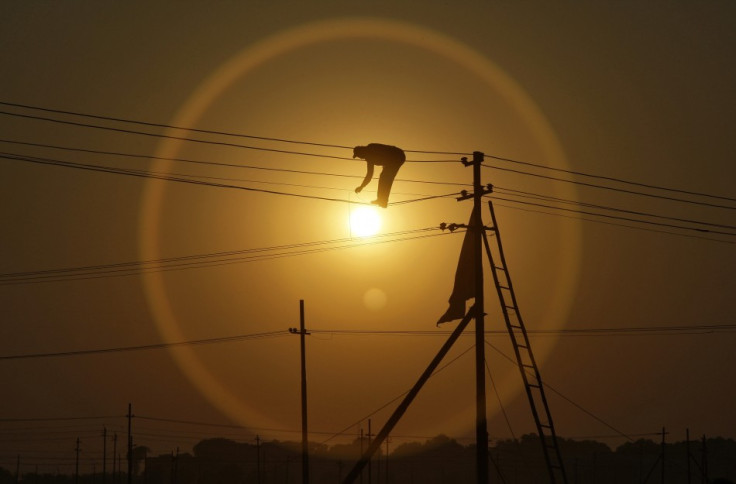BP and Niko May Not Gain Much From India's Energy Reforms

British and Canadian firms prospecting for gas in India may not make huge gains from a recent government move that nearly doubled local gas prices. This is because two-thirds of India's gas production comes from state-owned firms at present.
India has introduced a pricing formula that will push up natural gas prices to around $8.40 per million British thermal units (mmBtu) by April next year, bringing them closer to global prices.
"The pricing formula is based on the average of the prices of imported liquefied natural gas (LNG) into India and the weighted average of gas prices in North America, Europe and Japan," Canadian energy firm Niko Resources said in a statement.
The UK's BP, India's Reliance Industries (RIL) and Niko Resources are prospecting for gas in southern India. RIL operates the KG-D6 gas block with a 60% stake. Energy giant BP owns 30% in the block and Niko the rest.
Critics have alleged that prices were hiked to benefit RIL's gas business, but the government has refuted this. More than two-third of the domestic gas production is by public sector firms which stand to gain the most from the price hike, India's ministry of petroleum and natural gas has said.
The ministry also said that higher prices will help monetise discoveries which are not viable at present rates.
The gas price hike follows a similar increase in coal prices and is the latest attempt to reform India's lagging power sector, Reuters reported.
Persistent blackouts have pushed down growth, which is at a decade low. A third of the country's 1.2 billion people still have no access to electricity. Government data shows that the country faced a power shortfall of over 12,000 MW during peak hours in the 2012-13 financial year.
The price hike could help India double the share of gas in its energy mix by 2020, from 10% now, and help it move away from more expensive diesel and fuel oil eventually.
As much as 56% of the country's electricity is produced from coal and 26% from oil, which is mostly imported.
Better supplies will help gas-fired power plants, many of which lie idle or operate at low capacities owing to fuel shortages. Higher supplies will also attract investments into the sector as gas drives just about 7% of India's power stations.
"(The gas price hike) is a very positive and encouraging decision which will really incentivise oil and gas companies to pursue exploration activities," S K Srivastava, chairman of state-run energy producer Oil India, told Reuters.
However, it could be at least two years before investments in exploration and import infrastructure start yielding results.
© Copyright IBTimes 2025. All rights reserved.






















